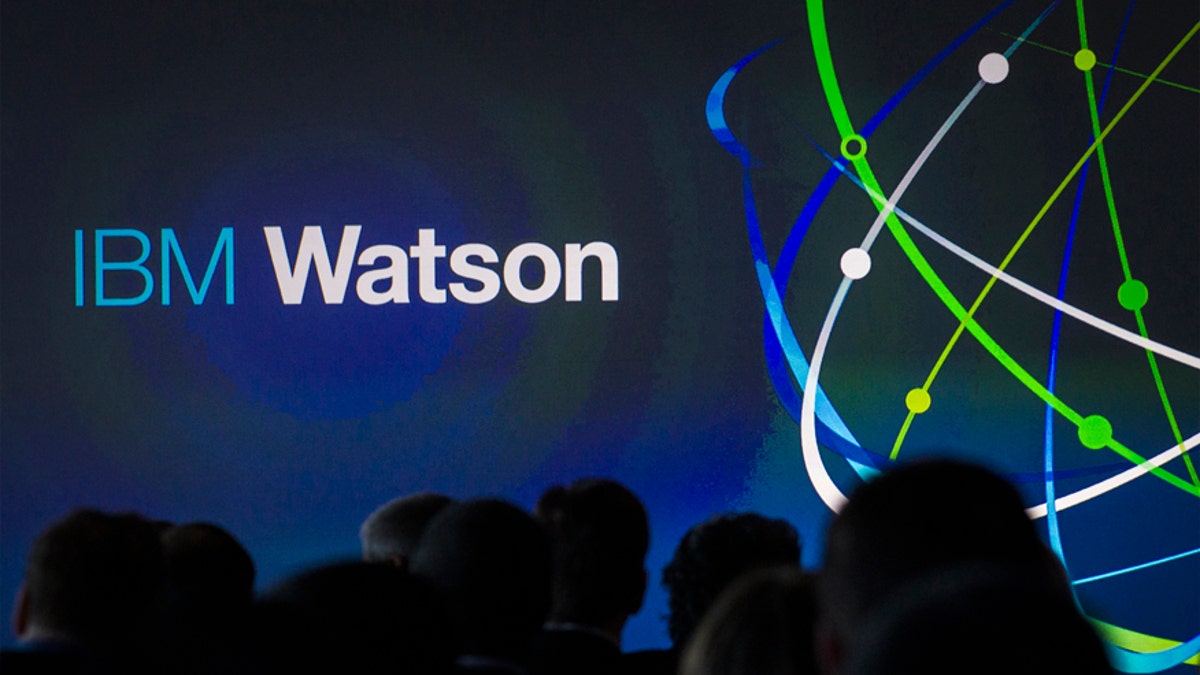
File photo - Attendees gather at an IBM Watson event in lower Manhattan, New York Jan. 9, 2014. (REUTERS/Brendan McDermid)
Two years ago, oncologists with the US Department of Veterans Affairs started using IBM Watson artificial intelligence to identify targeted treatment options for cancer patients.
Now, they will be able to continue that work for at least another year. The VA and IBM Watson Health today announced an extension of their partnership through at least June 2019.
Working out of a precision oncology "hub" in Durham, N.C., a small group of VA oncologists and pathologists receive tumor samples from patients around the country. They sequence the tumor DNA, then use Watson AI to help interpret the data, identifying likely cancer-causing mutations and drugs that might be useful to treat them. So far, VA oncologists have used Watson to help treat more than 2,700 veterans with cancer—mostly stage 4 patients who have exhausted all other treatment options.
"It is incredibly challenging to read, understand, and stay up-to-date with the breadth and depth of medical literature and link them to relevant mutations for personalized cancer treatments," IBM Watson Health Chief Health Officer Dr. Kyu Rhee said in a statement. "This is where AI can play an important role in helping to scale precision oncology, as demonstrated in our work with VA, the largest integrated health system in the U.S."
More From PCmag
The VA currently treats 3.5 percent of the nation's cancer patients. More than a third of the patients who have benefited from its precision oncology program are veterans from rural areas where cutting-edge medical technology like this is uncommon.
"Our mission with VA's precision oncology program is to bring the most advanced treatment opportunities to Veterans, in hopes of giving our nation's heroes better treatments through these breakthroughs," Acting VA Secretary Peter O'Rourke said in a statement. "We look forward to continuing this strategic partnership to assist VA in providing the best care for our veterans."
Watson has been fighting cancer for some time. The New York Genome Center first started using the technology in 2014 in DNA-based treatments for glioblastoma — the most common type of brain cancer, which kills more than 13,000 Americans every year.
This article originally appeared on PCMag.com.
